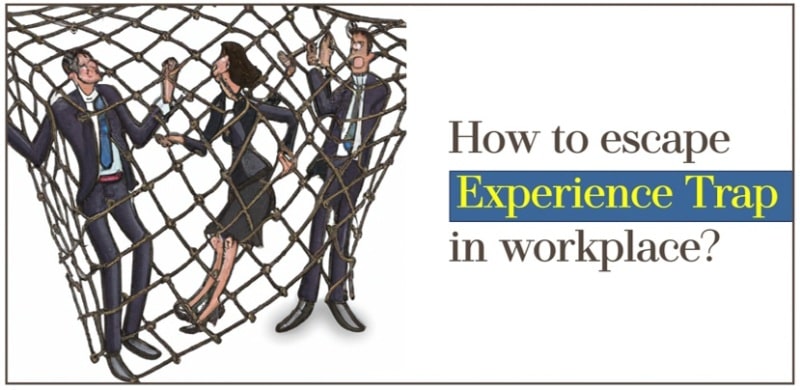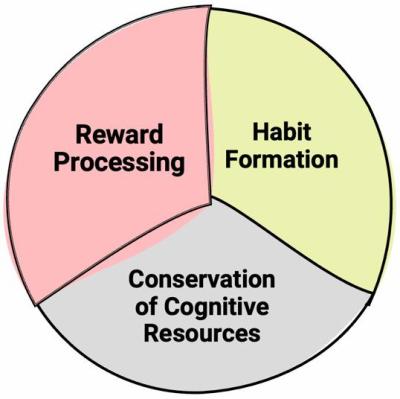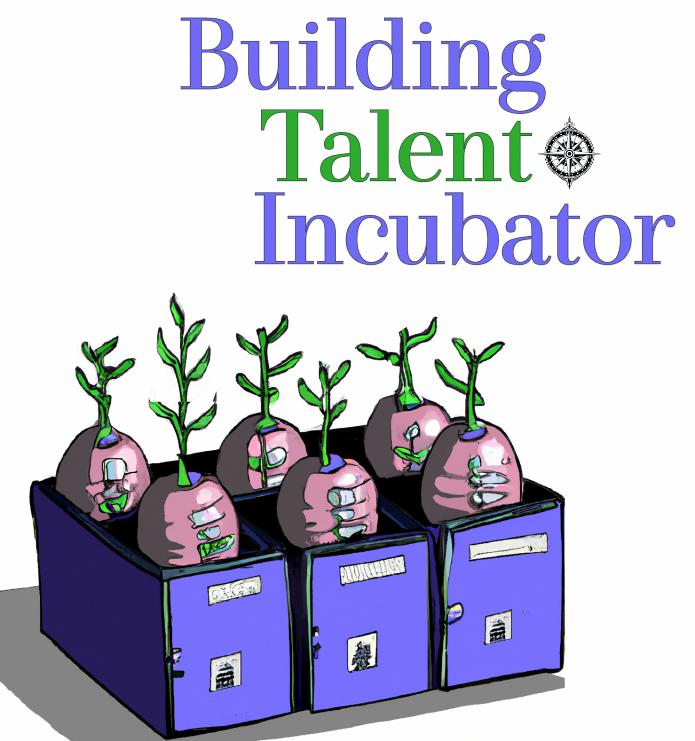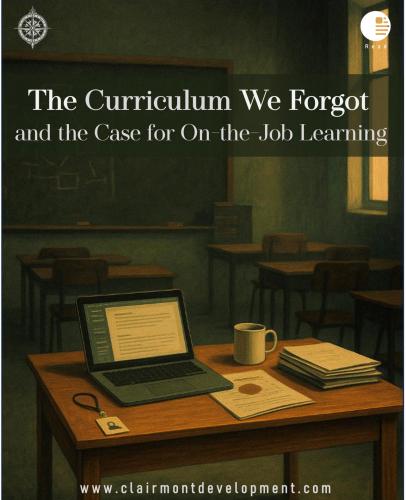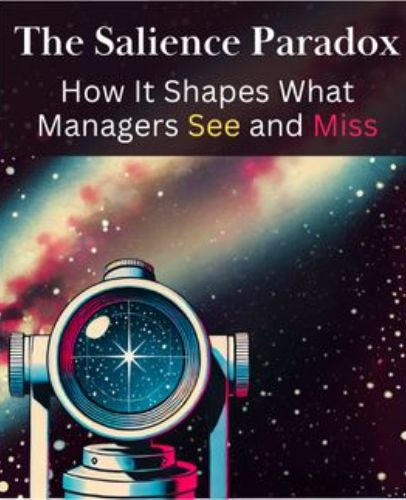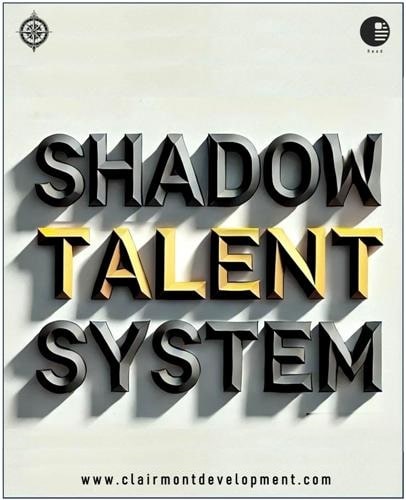How can we escape the “experience trap” in the workplace?
How to promote the culture of ongoing adaptability and learning.
One of the common plagues that we face in the workplace learning is the concept of “experience traps”. In general, it describes a situation in which people have an over-reliance on past experiences and fail to change or expand their ways of thinking in response to new situations. This tends to happen when employees are firmly rooted in their practices and are unable to adapt, frequently out of the conviction that what worked in the past would continue to work in the present. Professionals who get too comfortable with their current abilities and knowledge and stop looking for new learning opportunities or updating their knowledge may fall victim to the experience trap. This reliance on past behaviors from employees can prevent challenges in a firm’s desire to be a learning organization.
“Past performance is no guarantee of future returns!” On the face of it, it may seem counter intuitive. Shouldn’t our experiences provide us with better insights that allow us to continue to develop?
Here is a few factors that contribute to the dreaded experience traps:
Habit Formation: When we repeat behaviors, our neural pathways in the brain are strengthened, forming habits. Essentially, a habit is formed when a neuron suggests doing something repeatedly. This process is facilitated by myelin, which acts as insulation, allowing for efficient neuron communication. The more an action is repeated, the more myelin is produced which then enhance communication and makes the habit more accessible to perform.
Reward Processing: Our brain constantly makes predictions about the rewards it expects to receive. When our past actions resulted in positive outcomes, dopamine, a neurotransmitter, is released, reinforcing the neural circuits associated with those actions. This reinforces the behavior associated with the stimulus. If a stimulus repeatedly results in a positive outcome, the brain learns to associate the stimulus itself with the reward, solidifying the behavior. Additionally, the emotional response that a stimulus triggers also contributes to its rewarding nature. Stimuli that trigger positive emotions and pleasure are perceived as having a higher reward value.
Conservation of Cognitive Resources: Our brain, like any muscle, aims to be efficient and save energy, often relying on past actions to avoid extra cognitive effort in exploring new possibilities. Experience biases play a role in this process. If a task is deemed essential for survival or has significant consequences, the brain is more likely to allocate additional cognitive resources. In simpler terms, the brain directs attention and resources to tasks that stand out or are crucial for survival. Biological factors, circadian rhythms, and individual goals also influence how cognitive resources are distributed.
Navigating the Challenges and Embracing the Power of Learning to Break Free from Experience Traps
Believing in something new can be challenging as it requires a deliberate change in thinking and behavior, which takes time. It involves developing new habits and being in a supportive environment that encourages critical thinking supported by evidence. Being patient and persistent is essential since belief systems do not change overnight.
When someone gets stuck in the “Experience Trap” which is referred to as “Knowledge Bottlenecks”, it’s often because their belief system has become stagnant. They will rely too heavily on past experiences, thinking that it’s impossible to move beyond their current position, thus exhibiting an experience bias. Simply telling this person to “just develop a Growth Mindset” or to do “Neuroplasticity-Enhancing Activities” may not be helpful. The essential ingredient in participating in these types of activities is the belief that one’s abilities and intelligence can be developed with effort, learning, and persistence.
When we break away from these practices, we engage in will-power which is a taxing endeavor for our brain. Since it is not a “natural” state we must be aware of it when we face experiences to ensure that we set ourselves up to learn from one of the most powerful teachers, Experience.
Experience traps must be identified and mitigated, and this calls for a willingness to question presumptions, welcome change, and never stop learning from both accomplishments and mistakes. It is essential to identify potential professional development roadblocks as you consider an organizational learning strategy. If they are not identified, you get a portion of the return on investment in any development plan. To stay out of these pitfalls, it’s critical for people and organizations to foster an environment of flexibility and reward adaptability.
“Experience is not what happens to you; it’s what you do with what happens to you.” – Aldous Huxley
This is one of the key components of Building a Talent Incubator. In this program, we work with managers to understand why and how to develop their staff and contribute to their organizations. This program focuses on tools and techniques to train and support managers’ direct reports. This not only provides the organization with high-caliber talents that can be allocated to meet the dynamic needs and demands but has many personal benefits to the manager. We are running this program across the UAE in Abu Dhabi and Dubai as well as in Riyadh, KSA.
If you’re interested to see the program outline and pricing you can email us at shad@clairmontdevelopement.com and we will send you a copy.

